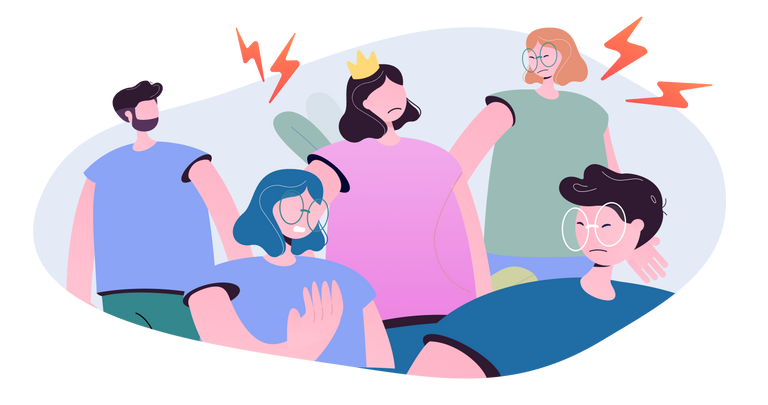When faced with scarcity, we often feel a sense of anger. Research on anger and scarcity has shown that when people are unable to get something they want, they experience higher levels of anger. But how do we manage these emotions? Here are a few tips: First, avoid cynicism. Second, learn to identify your feelings and understand the causes of them.

Managing your emotions
Managing your emotions can help you to deal with anger and scarcity. First, recognize your triggers and try to change your mindset. Instead of getting upset about the smallest things, focus on resolving the main issue. This can be as simple as closing the door on your child's messy room, or setting a later date to have dinner. You can even agree to eat alone a few times a week.
In some cases, anger can be helpful, like when you witness your rights being violated, or when you have to act to change an unhealthy situation. It can also give you the courage to stand up for yourself. But when it comes to other situations, it is important to understand that anger can lead to regrettable behaviors and consequences.
Anger can also negatively impact your relationships. If you feel that you have an anger problem, talk to a psychiatrist or psychologist about how to manage your emotions. They can teach you better ways to deal with these emotions, which can have a profound impact on your life. And it's never too late to seek treatment.
When an angry situation arises, take a few moments to calm yourself and think before responding. Talk with the other person and explain the need to take a break.
Avoiding cynicism
There are several important steps to avoiding cynicism in anger and scarcities. The first step is to acknowledge the problem. It is crucial to acknowledge that you have negative thought patterns and make a conscious effort to change them. It may seem difficult to avoid cynicism, but it can be done.
Having a certain amount of cynicism is healthy. It can help you act more ethically and effectively in situations where you are distrustful. For example, suppose you are visiting a website and see an advertisement. It might tell you that you are the 999,999th visitor and that you could win a prize if you visit the website regularly. However, the majority of website advertising is laden with viruses and directs users to other websites.
A cynic is someone who has a history of psychological trauma. These people are rarely open about their own life and are usually not open to helping others. They also do not make compromises and are often not willing to work with others. Their cynicism can also damage their economic success.
People with high levels of cynicism also have lower levels of physical health. The hormones produced by negative emotions impact the metabolism and the immune system. People who suffer from cynicism have a higher risk of cardiovascular disease and stroke. As a result, cynicism and poor health often work in a vicious circle.